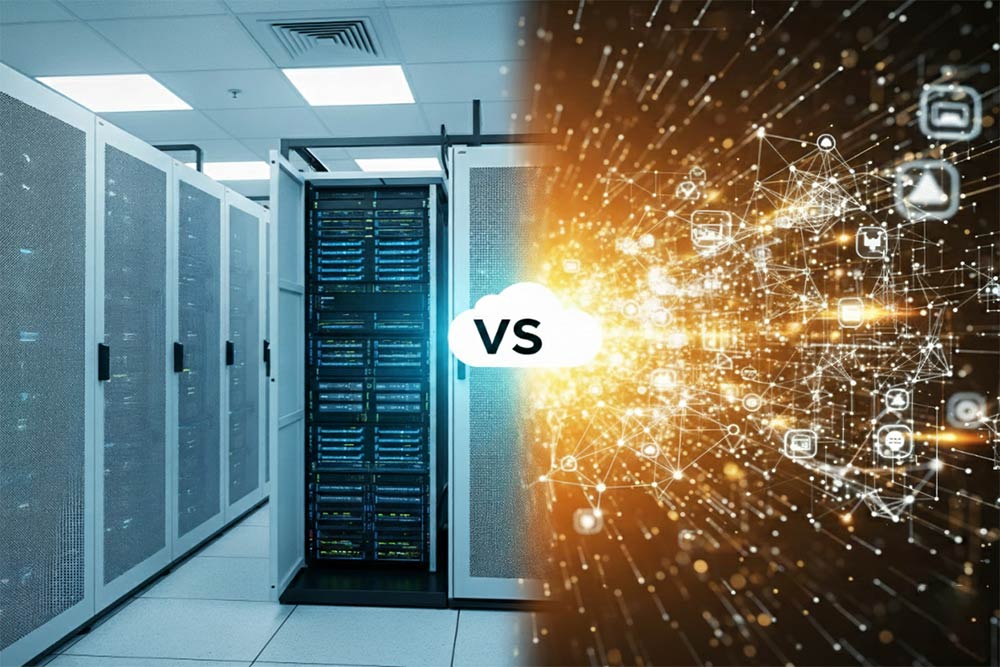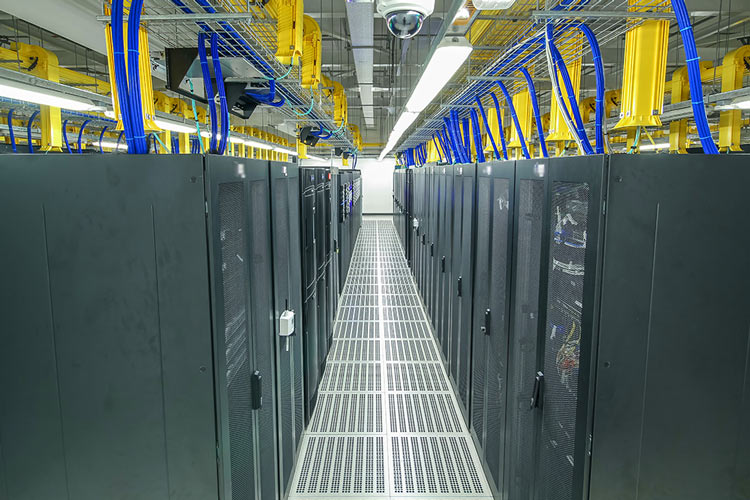Hyper-Convergence technology is a computer infrastructure used by data centers to integrate virtualization, storage, networking, and computing resources. All of these resources are optimized to work together, supported a single system run by a single vendor. Hyper-Convergence is a new idea – the next level after converged infrastructures. Hyper-convergence helps data centers meet their scalability and reliability needs.
Difference between hyper-convergence and convergence
Hyper-convergence differs from ordinary convergence in that, in regular converged systems, the components are discrete – the server works as a server, the storage works just as storage, etc. With hyper-convergence, the components work together through intelligent software. It’s much easier to expand hyper-converged systems.
The idea behind standard convergence was for a vendor to offer hardware and software that could be easily managed with minimal compatibility issues – though the components could be managed independently. In hyper-convergence systems, the components are highly integrated so they can work even better together. The slight trade-off is that, in hyper-convergence IT systems, the components don’t work on their own.
Hyper-convergence didn’t even exist a few years ago. It is now very hot, and expectations are it will continue to grow as companies evolve from standard IT to converged IT to hyper-converged IT. Data centers are gravitating to hyper-convergence to meet the needs of business IT departments.
The appeal of hyper-convergence
There are many advantages to hyper-convergence technology. Hyper-convergence is:
- Easier to control and has more flexibility than convergence technology because its operations are centralized instead of discrete.
- Less costly than converged technology because it uses x86 hardware. Some vendors sell just the software. Others are selling a combination of software and hardware.
- More dependent on management and data control than networks.
- More scalable. Hyper-converged technology is a simpler computer architecture due to its ability to use the software at the storage controller layer to scale up instead of adding more hard drives, additional CPUs, or more memory.
- Easier to administer. Basically, with a hyper-converged system, one IT team can manage storage, virtualization, and the servers – instead of three teams.
Hyper-convergence technology is currently used for general IT needs and remote office tasks. In the future, though, it will be used to easily deploy new software applications, which are the revenue drivers for many businesses. Hyper-convergence decreases the need for different computer systems because these systems can be run through a single source.
Hyper-convergence allows for the inclusion of a virtualization hypervisor software into the overall infrastructure instead of having to license it from a third party and look to that outside party for management, maintenance, and support.
Get more information about hyper-convergence infrastructure by calling an experienced professional
Hyper-convergence is expanding as a valuable data center tool for many reasons. The integrated design can save money and administrative costs while offering more scalability and better performance. To learn more about hyper-convergence technology and whether it’s right for your business, please call Volico at 888-865-4261 to speak with one of our knowledgeable representatives. We can help your company choose the right technology solutions in an ever-changing IT world.
Ready to See How Volico Data Center Can Help You?
Got questions? Want to talk specifics? That’s what we’re here for.
Have one of our friendly experts contact you to begin the conversation. Discover how Volico can help you with your Data Center needs.
• Call: 888 865 4261
• Chat with a member of our team to discuss which solution best fits your needs.












